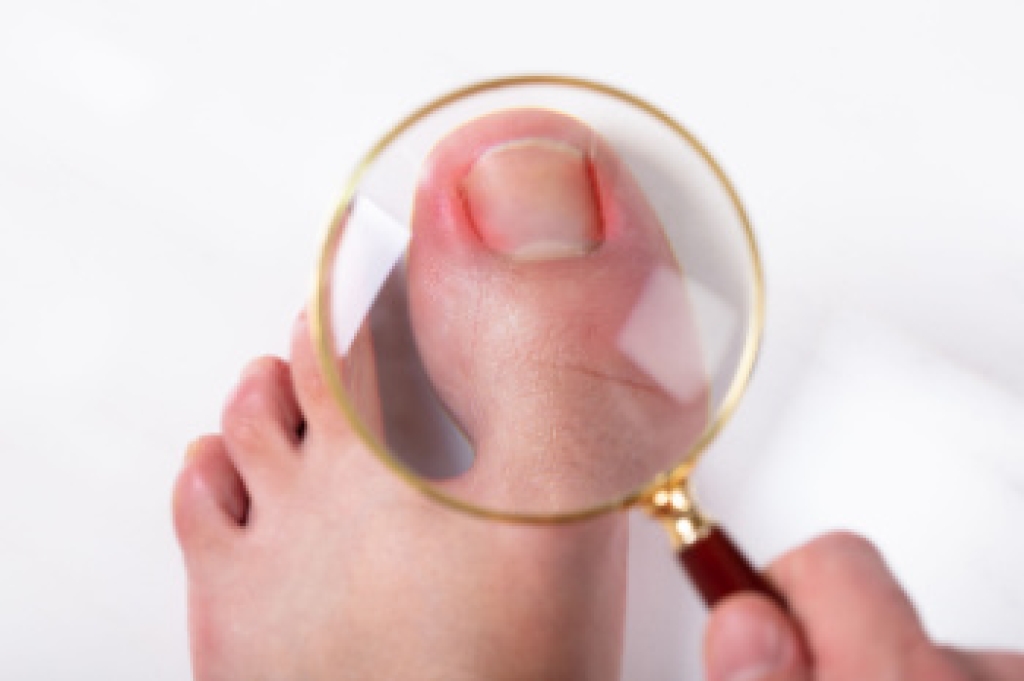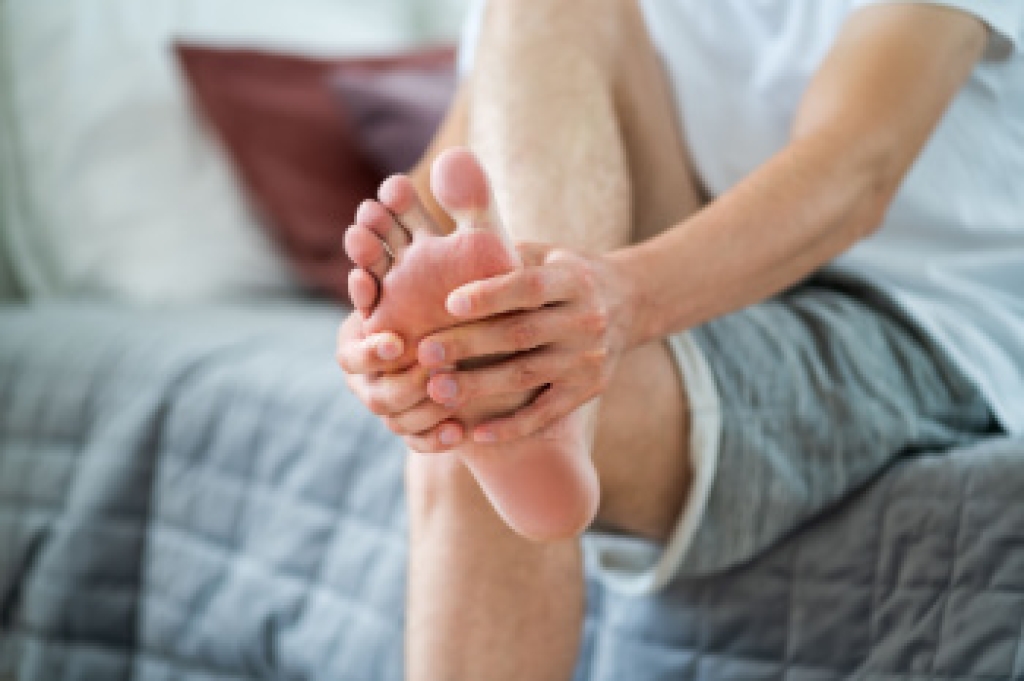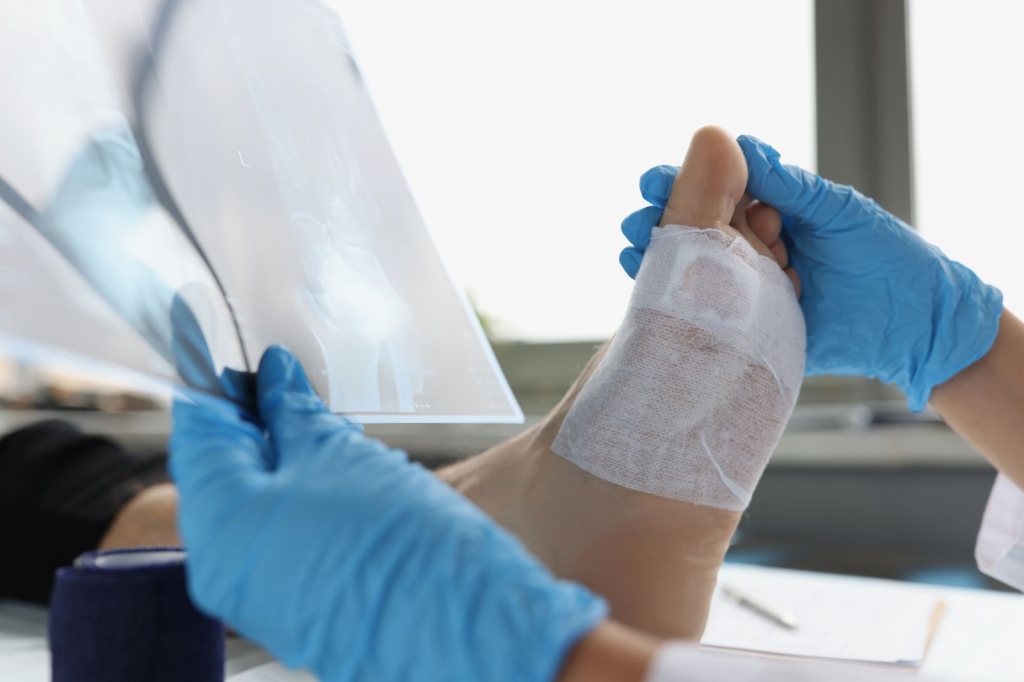
An ingrown toenail occurs when the edge of the toenail grows into the surrounding skin, causing pain, redness, swelling, and sometimes infection. Common causes include trimming the nails improperly, wearing poorly fitting shoes that place pressure on the toes, or sustaining an injury to the nail. Left untreated, ingrown toenails can become increasingly painful and lead to serious infections. A podiatrist can evaluate the toenail, provide professional treatment to relieve discomfort, remove part of the nail, if necessary, and offer guidance on proper nail care and footwear to prevent recurrence. If you have pain or swelling from an ingrown toenail, it is suggested that you promptly schedule a visit with a podiatrist who can provide effective relief solutions, which may include minor surgery for removal.
Ingrown toenails can become painful if they are not treated properly. For more information about ingrown toenails, contact one of our podiatrists of Florida Ankle & Foot Institute. Our doctors can provide the care you need to keep you pain-free and on your feet.
Ingrown Toenails
Ingrown toenails occur when a toenail grows sideways into the bed of the nail, causing pain, swelling, and possibly infection.
Causes
- Bacterial infections
- Improper nail cutting such as cutting it too short or not straight across
- Trauma to the toe, such as stubbing, which causes the nail to grow back irregularly
- Ill-fitting shoes that bunch the toes too close together
- Genetic predisposition
Prevention
Wearing proper fitting shoes and using proper cutting techniques will also help decrease your risk of developing ingrown toenails.
Treatment
Ingrown toenails are a very treatable foot condition. In minor cases, soaking the affected area in salt or antibacterial soaps will not only help with the ingrown nail itself, but also help prevent any infections from occurring. In more severe cases, surgery is an option. In either case, speaking to your podiatrist about this condition will help you get a better understanding of specific treatment options that are right for you.
If you have any questions, please feel free to contact our offices located in Tavernier, Marathon, and Key West, FL . We offer the newest diagnostic and treatment technologies for all your foot care needs.







